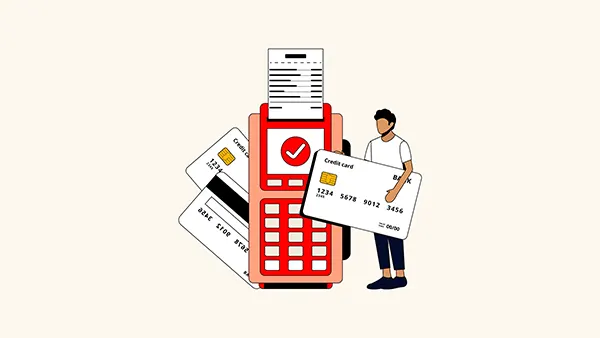
QR Payment Methods: QRIS Advantages and Challenges for Indonesian Players
Quick Response Code Indonesian Standard (QRIS) has become one of the most widely adopted digital payment solutions in Indonesia. Established under the supervision of Bank Indonesia, this system aims to simplify transactions by unifying multiple QR payment providers into one national standard. For players in the gambling and entertainment sectors, QRIS offers convenience, faster transactions, and compatibility across different banks and e-wallets. Yet, despite its growth, there remain certain aspects that require consideration in 2025.
Key Advantages of QRIS for Players
The main benefit of QRIS lies in its interoperability. Users can complete payments from any bank or e-wallet provider that is integrated with the system, removing the need to install multiple applications. For Indonesian players, this makes depositing funds or paying for entertainment services significantly easier.
Another important factor is transaction speed. QRIS payments are usually processed within seconds, allowing players to continue their activities without long waiting times. This level of efficiency is particularly relevant in fast-paced digital services where users expect instant confirmation.
Security also plays a crucial role. With Bank Indonesia regulating the standard, users are protected by established security protocols. Authentication methods and encrypted transaction systems help to reduce the risk of fraud, which has been a growing concern in the country’s expanding digital economy.
Accessibility and User Experience
QRIS has contributed to financial inclusivity across Indonesia. Players from smaller towns or rural regions with limited access to traditional banking services can now participate in digital transactions by simply using a smartphone with internet connectivity.
The simplicity of scanning a QR code has also improved the user experience. Compared with manual input of account numbers or complex payment gateways, QRIS offers a straightforward process that encourages more users to adopt cashless methods.
Additionally, QRIS integrates with both major banks and leading e-wallets such as OVO, DANA, GoPay, and ShopeePay. This broad coverage ensures that players have multiple options when it comes to funding their accounts or making payments online.
Challenges and Possible Drawbacks
Despite its strengths, QRIS is not without challenges. One of the main issues faced by Indonesian players is transaction limits. For security reasons, Bank Indonesia has imposed caps on the maximum amount per transaction, which may not always align with the needs of high-value players.
Another drawback is dependence on internet connectivity. Although smartphone penetration is high, some regions of Indonesia still struggle with stable internet access. In such cases, QRIS transactions may fail or experience delays, reducing reliability.
Technical disruptions occasionally occur as well. If a bank’s system or an e-wallet service provider experiences downtime, QRIS transactions can be temporarily unavailable. This creates frustration for players relying on seamless payment methods.
Security and Regulatory Concerns
While QRIS offers solid protection, cybercrime remains a concern in Indonesia. Phishing attempts, fake QR codes, and malware targeting payment apps have been reported. Players must remain vigilant and ensure they scan only verified codes from trusted sources.
Regulatory adjustments are another point to consider. Bank Indonesia continues to review and update transaction limits, fees, and security standards. Changes in regulations may affect the way players use QRIS for online entertainment purposes.
Finally, not all merchants or services have fully adopted QRIS yet. While adoption rates are growing, some businesses remain outside the system, forcing users to switch between different payment solutions.

Future Outlook of QRIS in 2025
As Indonesia’s digital economy expands, QRIS is expected to strengthen its role as a leading payment solution. With continuous government support, the infrastructure is being enhanced to handle higher transaction volumes while keeping security standards at a high level.
Players are likely to benefit from expanded transaction limits and better integration with international systems in the near future. This would allow smoother cross-border payments, particularly relevant for users engaging with global digital services.
In addition, the growing popularity of QRIS in retail and entertainment industries will contribute to its long-term stability. As more businesses adopt the system, Indonesian players will experience greater convenience and confidence in using this payment method.
Potential Innovations Ahead
Looking forward, QRIS may integrate with advanced biometric authentication methods such as facial recognition or fingerprint verification, further enhancing security for players. These innovations could significantly reduce fraud risks.
There is also potential for QRIS to connect with blockchain-based solutions. Although still in early discussion, this development could provide additional transparency and decentralisation in financial transactions, appealing to a wider group of tech-savvy players.
Finally, the government’s push towards a cashless society is expected to further accelerate QRIS adoption. With more public campaigns and merchant incentives, QRIS could become the default payment standard across Indonesia within the next few years.
